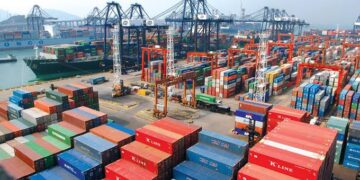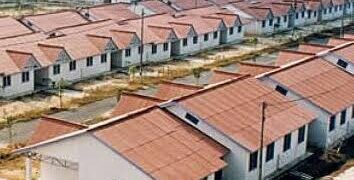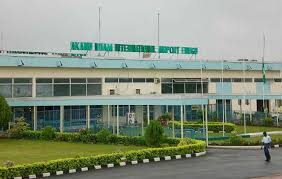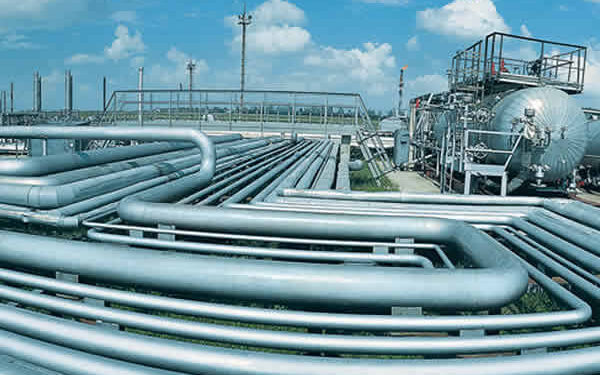The Enugu Chamber of Commerce, Industry, Mines and Agriculture (ECCIMA) has blamed the country’s continuous naira depreciation on the low local production capacity.
The chamber disclosed this in a statement issued by its president, Mr Odeiga Jideonwo, and made it available to journalists in Enugu on Monday.
According to Mr Jideonwo, the chamber has closely monitored recent events surrounding Nigeria’s economy.
“The high level of importation of finished goods remains the major reason for the continuous decline of naira, especially when we continue to import products that can be sourced or produced locally.
“Our recent study of China reveals that the economic growth being experienced in China presently is a function of a strict policy of the government to support locally based or indigenous companies to produce for 100 per cent local consumption as well as for export.
“With their local consumption demand being satisfied by goods produced locally, they have settled, to a large extent, the major economic issues of exchange rate,” he explained.
He added, “Interestingly, stepping it up to manufacturing various products for export helps China build its foreign reserves, which as of September 2024 were $3.3 billion. This is more than twice the size of Japan’s reserves. This feat by China remains the result of the decisive policies of the government and the good people of China.
“The Dangote Petroleum Refinery is currently one of Nigeria’s gifts that needs to be encouraged at this time when Nigeria’s economy is declining.
“Since oil is currently the major source of foreign earnings for Nigeria, players in the industry that have shown capacity in moving the country from net exporter of crude oil to also exporter of refined petroleum products should be encouraged by the government and indeed all stakeholders.”
The ECCIMA president said that Dangote Petroleum Refinery remained a timely private sector initiative whose economic impact would not be underrated.
He noted that the byproducts of this refinery, which can refine 650,000 barrels per day and has increased production from 25 million litres to 30 million litres in October 2024, will be ancillary to other indigenous companies and foster economic growth.
(NAN)
















































